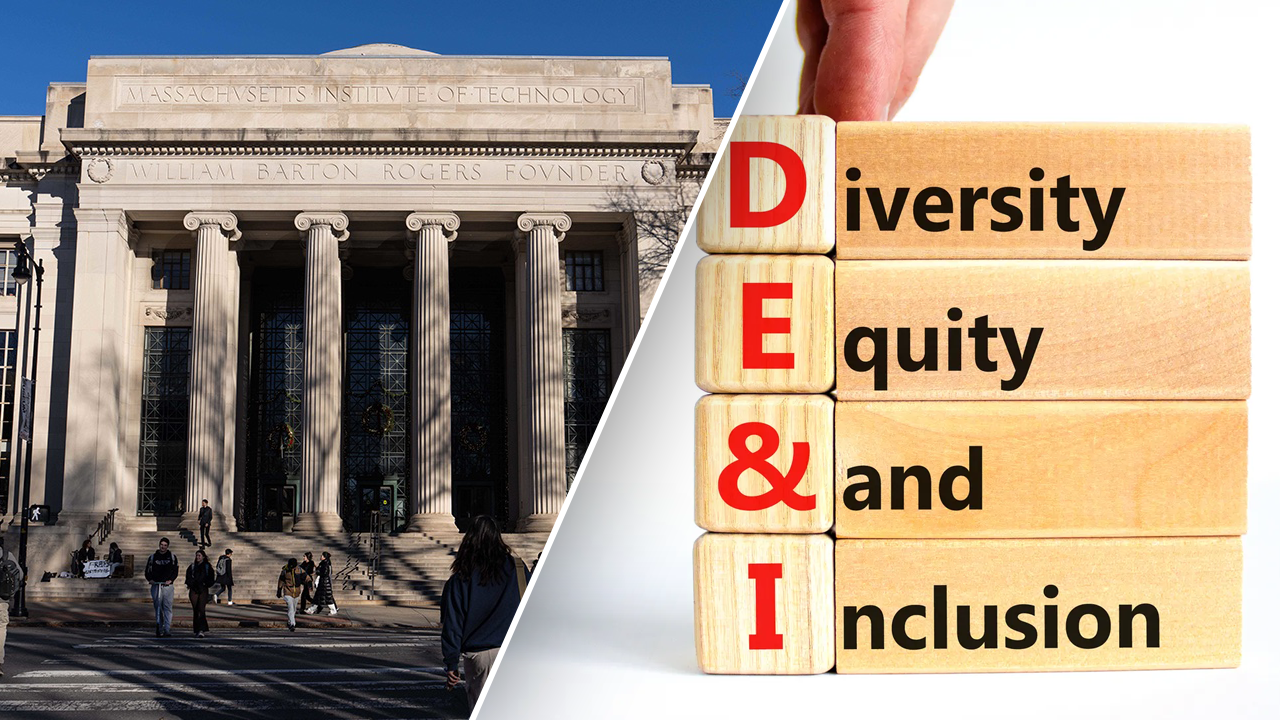Costa Rica is known for its strong democracy, human rights-friendly attitude and deep respect for the rule of law. So it came as a shock when the 2018 general election ushered in an unprecedented polarization of Costa Rican society.
Allegra Baiocchi, the UN coordinator in Costa Rica, witnessed the unprecedented polarization of society and the sharp rise of populist and conservative agendas, accompanied by a sharp rise in hate speech and expressions of discrimination and xenophobia.
A hate study
In response to this alarming trend, the UN team in Costa Rica began implementing its hate speech action plan and presented a landmark study on hate speech in Costa Rica in 2021.
“When we first started working on this issue, we had a lot of conversations about defending freedom of expression and fighting hate speech and discrimination,” says Ms. Baiocchi. “We know that there is a risk that the fight against hate speech will be used to limit freedom of speech and expression.”
Ms. Baiocchi and her team found that much of the content focused on women, particularly women in leadership positions; LGBTQ issues; and the migrant population. “When we started talking to women and some of the targets, they told us they were scared, scared to speak their minds,” she says.
A big problem, according to the senior UN official, is that the digital space is seen as a free space for all with no accountability. First, the team tried to increase accountability, be it simply by reporting hate speech or discrimination on the platforms themselves or using any legal basis in different countries.
But after meeting Meta, the owner of Facebook, they found that even though the company invests in mediating and cleaning up conversations, the task is overwhelming, and that Meta is unable to protect or limit everything is posted on its platforms.
The Costa Rican study also looked at the dual role of the press in relation to hate speech. “We have had instances where the media have, on the one hand, been victims of hate speech to investigate cases or to criticize the government, but, on the other hand, have reported stories in a way that can incite discrimination and hate speech.

Enhanced Protection
One of the outcomes of the Costa Rica study was the formation of a partnership with the Lawyers Committee Association, which examined legal and judicial jurisprudence regarding hate speech that is evolving around the world.
The group examined which countries have the best case law and helped produce a handbook covering existing case law that can help victims.
“Now, if you are a victim of hate speech in Costa Rica, you can go to this handbook and see what you already have at your disposal to protect yourself,” explains Ms. Baiocchi, adding that, in her view, Parliament was a great one Ally and passed legislation focused on protecting women in politics.
“A lot of schools also teach debate and it’s really about how we can coexist in the world with different opinions,” says Ms. Baiocchi. “I think that’s basically the message behind any work on hate speech and discrimination. It’s about respecting each other and living together.”
Listen, ask, learn
Education and literacy is a cornerstone of the approach of media development organization Transitions, based in Prague, the capital of the Czech Republic.
Jaroslav Valuch, a news literacy and fact-checking project manager at the organization, explains that Transitions supports good quality journalism and works with neglected groups on media literacy to prevent conflict and build people’s resilience to misinformation and hate speech.
“By making people more resilient to this type of disinformation, we may be able to counteract or prevent violent radicalization. The problem with schools and the education system is that it takes a long time to change the curriculum, to change the system. We needed some interventions that could be implemented immediately.”
Perhaps surprisingly, older citizens are the sector of society that Transitions has identified as being particularly vulnerable to disinformation. Because according to Mr. Varuch, they feel excluded from society and spread disinformation via chain emails or private messages.
“They feel underserved,” he insists. “They feel like the issues that matter to them aren’t being covered in the mainstream media. And all of these are very valid and relevant concerns. They use this information and hate speech as a kind of club to beat the system or the government into listening to their concerns.”
To counteract the problem, Transitions holds workshops in public libraries that are frequently used by seniors. In these sessions, participants learn basic research methods and learn to examine more closely the source of the information they receive and disseminate.
“The ultimate goal isn’t necessarily to tell them not to spread fake news or distrust sources,” says Mr Varuch. “It’s more like saying, ‘Hey, let’s enjoy some time together.’ And as a by-product, we make them more resilient to disinformation and propaganda.”
The program has now been so successful that it works throughout the Czech Republic as well as in neighboring countries such as Poland, Slovakia and Hungary.
You can subscribe to our UN podcasts series UNiting Against Hate. here.





